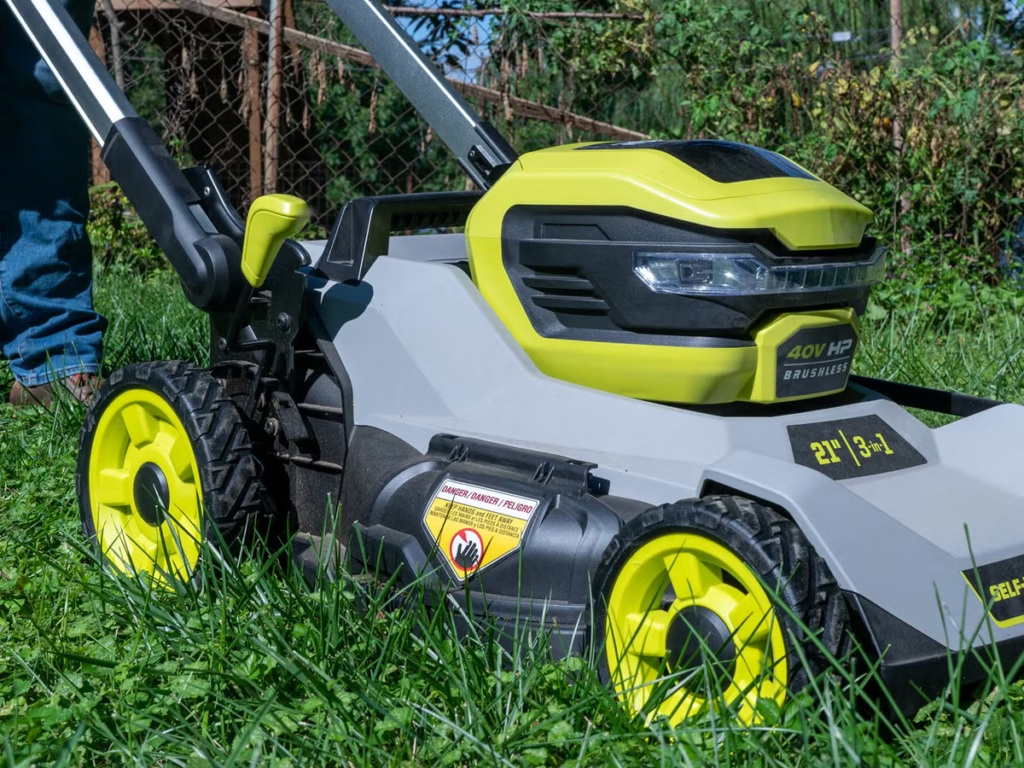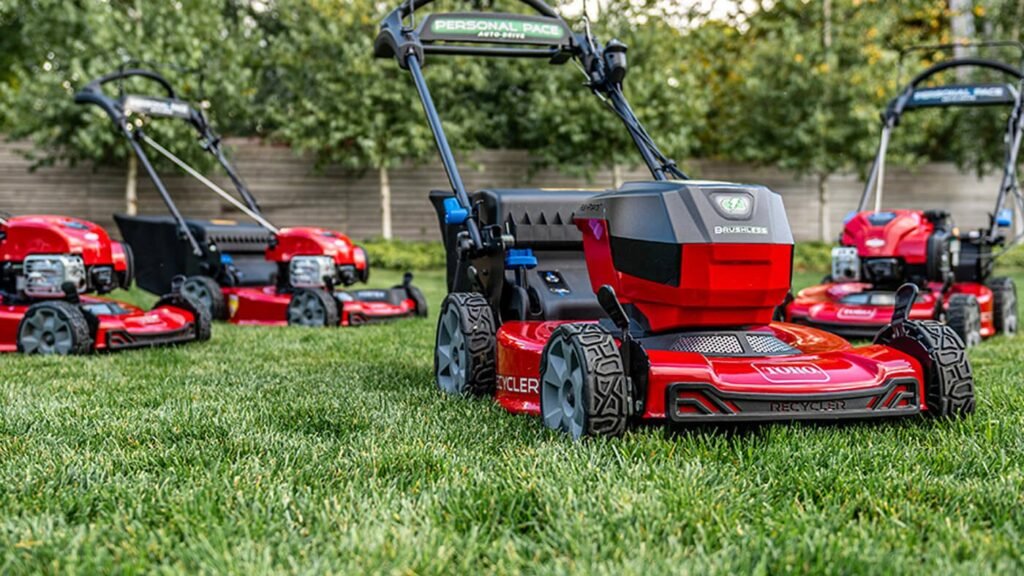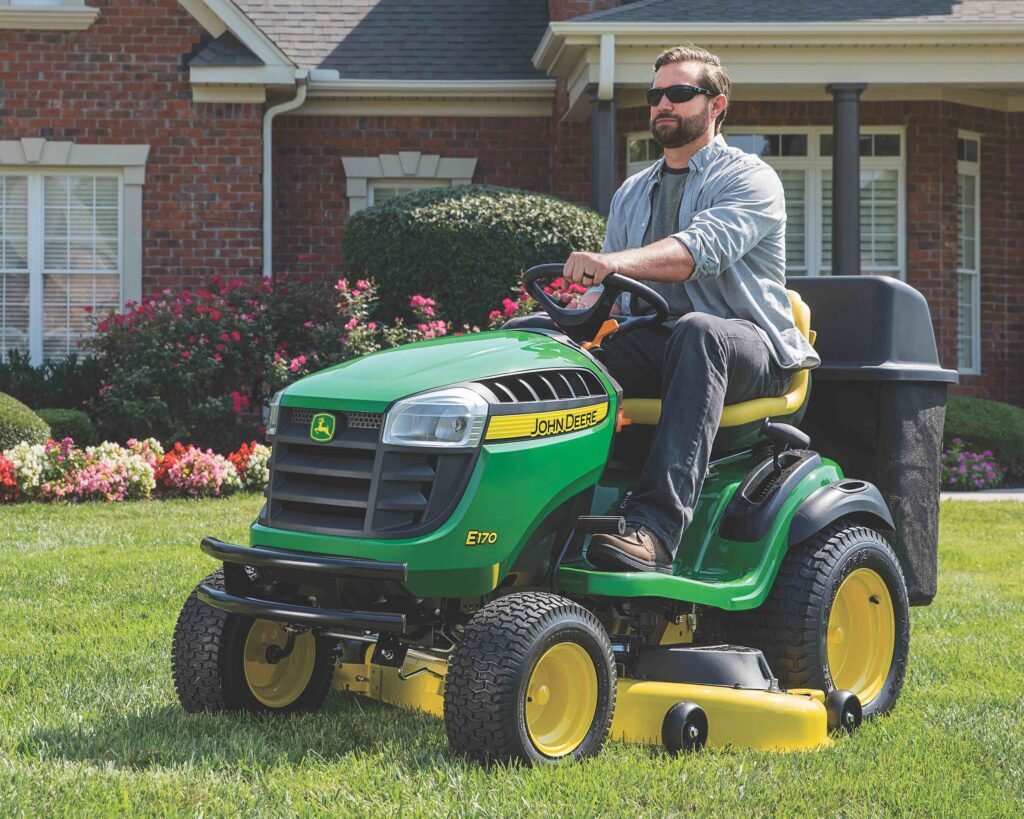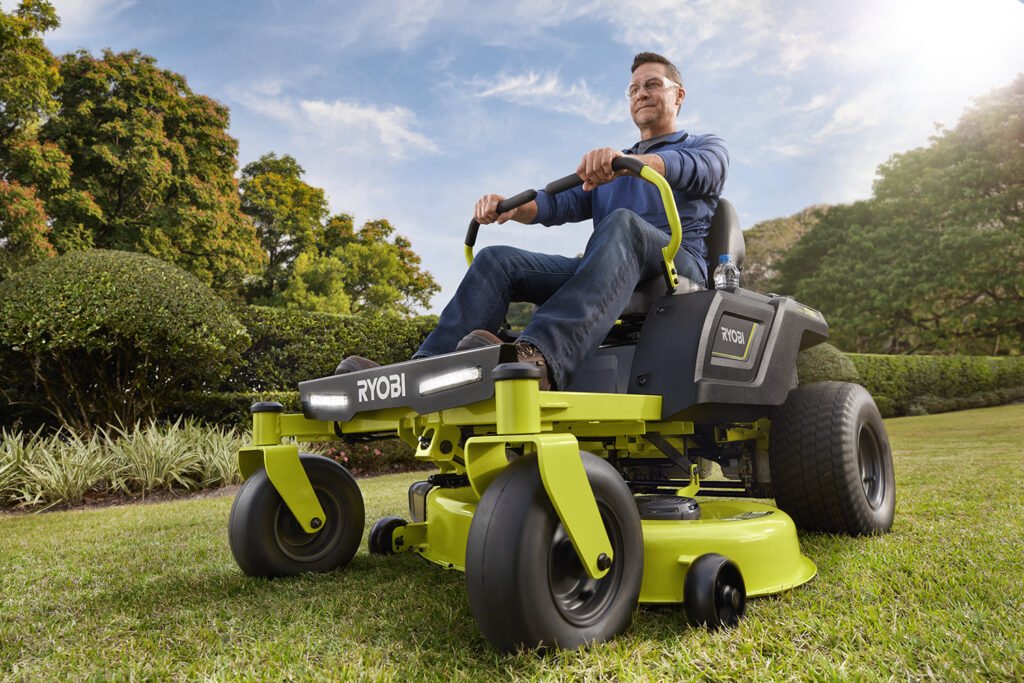When it comes to maintaining a lush, green lawn, the engine powering your lawn mower is one of the most critical components to consider. The engine determines the mower’s efficiency, reliability, and performance. With numerous manufacturers competing in the market, the question arises: Who makes the best lawn mower engine? In this article, we’ll delve into the characteristics of high-quality engines, compare the top brands, and explore the factors that make a lawn mower engine exceptional.

What Makes a Great Lawn Mower Engine?
Before diving into specific manufacturers, it’s essential to understand what sets a great lawn mower engine apart. Several factors contribute to the overall performance of an engine:
1. Durability and Longevity
A high-quality lawn mower engine should withstand prolonged use and various weather conditions. Durable materials, precision engineering, and corrosion-resistant components ensure the engine remains reliable for years.
2. Efficiency
Fuel efficiency is a key consideration for homeowners and professionals alike. A good engine delivers optimal power without excessive fuel consumption, saving both money and resources.
3. Ease of Maintenance
Regular maintenance is unavoidable, but a well-designed engine simplifies tasks like oil changes, air filter replacements, and spark plug inspections.
4. Power Output
Different mowers require different levels of power, depending on the size of the yard and terrain. A strong engine with consistent power output is crucial for tackling thick grass or uneven surfaces.
5. Noise and Vibration Levels
Modern engines focus on reducing noise and vibration for a more pleasant mowing experience.

Top Manufacturers of Lawn Mower Engines
Here are the top contenders in the world of lawn mower engines, each known for its unique strengths.
1. Honda
Honda has long been synonymous with reliability and innovation in the engine industry. Their small engines, especially the Honda GCV series, are highly regarded for their efficiency and performance.
- Key Features:
- Advanced overhead camshaft (OHC) technology for smoother performance.
- Fuel-efficient designs that reduce emissions.
- Quiet operation compared to other brands.
- Notable Models: Honda GCV170, GCV200.
- Why Choose Honda?
Honda engines are perfect for residential use due to their reliability, low noise levels, and ease of starting.
2. Briggs & Stratton
As one of the largest manufacturers of small engines, Briggs & Stratton offers a wide range of products suitable for various mower types. Known for their innovation and widespread availability, their engines dominate the market.
- Key Features:
- ReadyStart technology for hassle-free starting.
- Extensive dealer network for service and parts.
- High torque for demanding mowing conditions.
- Notable Models: 675EXi, 875iS Series.
- Why Choose Briggs & Stratton?
Their engines are an excellent choice for both residential and commercial use due to their balance of power and affordability.
3. Kawasaki
Kawasaki engines are synonymous with commercial-grade performance and durability. Professionals often rely on Kawasaki-powered mowers for challenging mowing tasks.
- Key Features:
- V-twin engines for superior power and smooth operation.
- Pressure lubrication systems for longer engine life.
- Exceptional build quality designed for heavy-duty use.
- Notable Models: FS Series, FX Series.
- Why Choose Kawasaki?
If you need an engine for professional-grade mowing, Kawasaki offers the durability and performance needed for the toughest jobs.
4. Kohler
Kohler has been a trusted name in engines for over a century. Their engines are known for their adaptability and innovative features, catering to both residential and professional users.
- Key Features:
- Command PRO series for heavy-duty applications.
- High-performance air filtration systems.
- EFI (Electronic Fuel Injection) technology for better fuel efficiency.
- Notable Models: Kohler 7000 Series, Command PRO EFI.
- Why Choose Kohler?
Kohler’s range of engines caters to a wide audience, from homeowners to landscapers, offering both power and efficiency.
5. Toro
Although Toro primarily focuses on manufacturing mowers, their engines have gained a reputation for reliability and ease of use.
- Key Features:
- Enhanced fuel efficiency and reduced emissions.
- Designed to pair perfectly with Toro mowers.
- Lightweight construction for better maneuverability.
- Notable Models: Toro TXP Series.
- Why Choose Toro?
Toro engines are ideal for users looking for an integrated system with their Toro mowers.

Factors to Consider When Choosing a Lawn Mower Engine
1. Residential vs. Commercial Use
Residential engines prioritize ease of use, quiet operation, and fuel efficiency, while commercial-grade engines focus on durability, power, and extended operating hours.
2. Engine Size and Power
The engine size (measured in cc) directly correlates with power. A larger engine is necessary for heavy-duty tasks or larger properties.
3. Starting Mechanism
Modern engines offer electric start or recoil start options. Electric starts are more convenient, but recoil starts are reliable and maintenance-free.
4. Compatibility with Mowers
Not all engines fit all mowers. Ensure the engine you choose is compatible with your mower’s design.
5. Warranty and Support
A comprehensive warranty and robust support network are vital for long-term peace of mind.

Innovations in Lawn Mower Engine Technology
Manufacturers continue to innovate, improving efficiency, power, and environmental impact. Here are some trends shaping the industry:
1. Eco-Friendly Designs
Engines with lower emissions and better fuel economy are becoming the norm, aligning with global sustainability goals.
2. Electronic Fuel Injection (EFI)
EFI technology optimizes fuel delivery, improving efficiency and reducing manual adjustments.
3. Self-Propulsion Systems
Integrated engines and drive systems enable self-propelled mowers, reducing the physical effort needed for mowing.
4. Noise Reduction
Innovative muffler systems and advanced engineering minimize noise, making the mowing experience more enjoyable.
How to Maintain Your Lawn Mower Engine for Peak Performance
Proper maintenance is crucial for getting the most out of your engine. Here are some tips:
1. Regular Oil Changes
Replace the oil according to the manufacturer’s recommendations to prevent wear and tear.
2. Clean the Air Filter
A clean air filter ensures optimal airflow, which is critical for engine efficiency.
3. Inspect the Spark Plug
Check the spark plug for wear and replace it as needed to maintain easy starting and smooth operation.
4. Store Properly
If storing for the offseason, drain the fuel or add a stabilizer to prevent clogging.
5. Keep it Clean
Regularly remove grass clippings and debris to prevent blockages and overheating.
Conclusion: Who Makes the Best Lawn Mower Engine?
Determining the “best” lawn mower engine depends on your specific needs. Honda engines are unmatched for residential use due to their reliability and efficiency, while Kawasaki and Kohler excel in commercial-grade performance. Briggs & Stratton and Toro offer versatile options for homeowners and professionals alike.
Ultimately, factors like engine size, maintenance requirements, and compatibility should guide your decision. Regardless of the manufacturer, investing in a high-quality engine ensures a smooth mowing experience for years to come.

Frequently Asked Questions (FAQs)
1. What is the most reliable lawn mower engine brand?
Honda is often regarded as the most reliable brand, thanks to its innovative technology and long-lasting designs.
2. Are commercial-grade engines worth the investment?
Yes, if you have a large property or use your mower frequently. Commercial engines like those from Kawasaki and Kohler offer superior durability and power.
3. How often should I change my lawn mower engine oil?
It’s recommended to change the oil every 25-50 hours of use or once per season, depending on the manufacturer’s guidelines.
4. Can I replace the engine on my lawn mower?
Yes, but you must ensure the replacement engine is compatible with your mower’s specifications.
5. What’s the difference between 2-stroke and 4-stroke engines?
2-stroke engines are lighter and more powerful but require a fuel-oil mix. 4-stroke engines are more fuel-efficient and environmentally friendly.
6. Do electric mowers outperform gas-powered engines?
Electric mowers are quieter and eco-friendly but may lack the power and runtime of gas-powered engines for large or challenging lawns.




